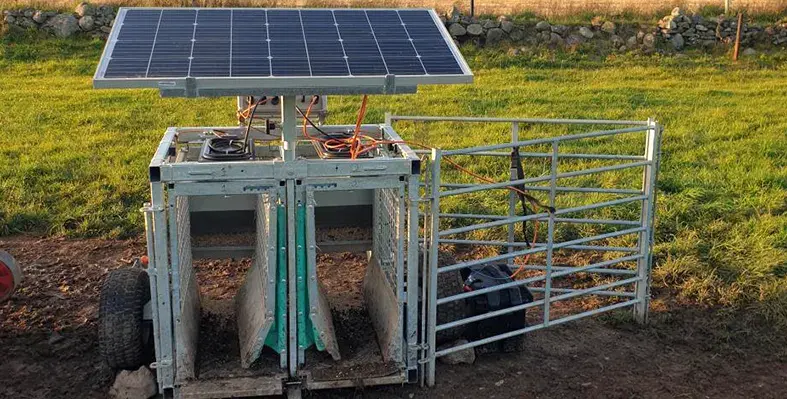Farmers and community leaders from across Rwanda are joining sustainable cooling experts to begin an innovative training programme that will kick-start roll-out of clean cold-chain systems in Africa
More than 100 fishers, community leaders and farmers will work with experts from the Africa Centre of Excellence for Sustainable Cooling and Cold-chain (ACES) in the launch of its flagship training and knowledge building programme.
ACES team members from Rwanda, Kenya, Uganda, UK and the Netherlands will travel to two different locations - Rubavu District to work with farmers and Karongi District to train fishers – as well as hosting workshops in Kigali with financiers, NGOs, policy-makers and farmers’ organisations. ACES is a first-of-kind centre dedicated to sustainable cooling and cold-chain for food and health - accelerating deployment of sustainable end-to-end connectivity for food and health to protect quality and safety, minimise loss, and benefit communities.
“This training will enable Africa’s communities to discover and unlock their economic potential and build clean cold-chain services for resilient and sustainable development. Deploying the right sustainable technology can help to ensure that fresh produce reaches domestic and international consumers in its best condition, while reducing GHG emissions, preserving natural resources, and increasing fishers’ and farmers’ income," commented project lead Toby Peters, director of Centre for Sustainable Cooling at the University of Birmingham. “We aim to give farming and fisher communities the commercial and operational acumen to support deployment of cold-chain so they can enhance and protect their role in the local and global food value chain.”
ACES is also working with medical agencies to design the efficient and clean cold-chain for resilient access to vaccines to meet the future demands. Leyla Sayin, head of research for the Centre for Sustainable Cooling, who is leading the international team for the trip, highlighted that cold-chains were essential to reduce food loss, which is as high as 50% in many African countries. In addition, it economically empowers small-holders, meets our global demand for safe, healthy and affordable food, and supports the distribution of vaccines and blood.
As an example, food loss in Rwanda equates to 21% of its total land use, 16% of GHG emissions, and 12% loss to its annual Gross Domestic Product (GDP). The flagship training programme aims to provide communities with the knowledge around how to build and operate a financially sustainable cold-chain and community cooling hub.
ACES will undertake collaborative research, demonstrate and test new equipment, and develop knowledge and training programmes which focus on in-country capacity building and providing community-leaders with fundamental knowledge on refrigeration, cold-chain applications, cooling hub design and the underpinning business models in order to improve existing systems from a bottom-up approach, promote new businesses and increase sustainability and resilience of supply chains.
Backed by funding from the UK Government’s Department for Farming and Rural Affairs (Defra), ACES also supports and facilitates development of early-stage researchers and supervised PhD research programmes. Specialised Outreach and Knowledge Establishments (SPOKE) are being rolled-out to share knowledge, demonstrate technologies and build capacity for other African markets, with the first one being developed in Kenya.





